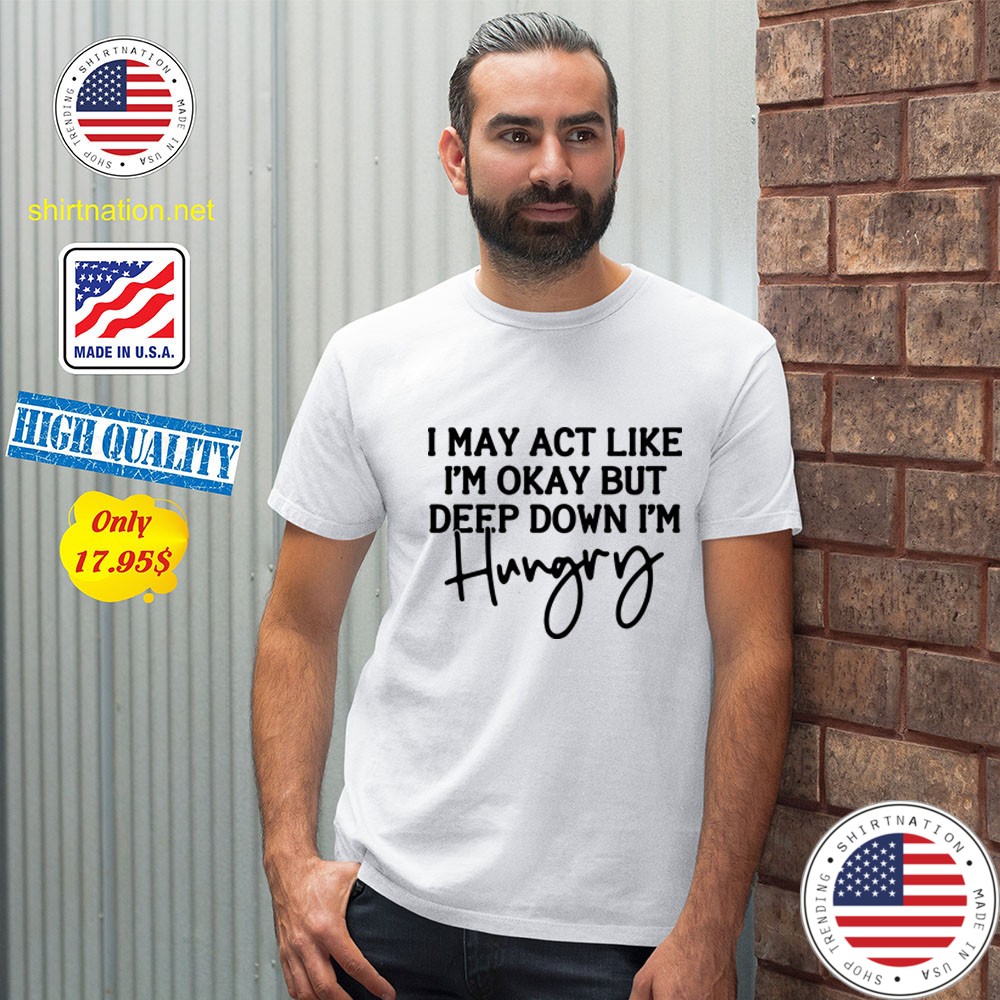Deer Hunting She Wants The D Shirt
TM: In 2013, you were awarded the prestigious Witter Bynner Fellowship, selected by former-poet Laureate Natasha Trethewey. In what ways has this award influenced your writing life?SM: Having that endorsement from Natasha Trethewey, whose poetry I love and admire, was in and of itself a gift. The fellowship was also instrumental in a tangible sense: I used part of it to rent a house for a week a few summers ago and went away for my first writing retreat. Before I had children, I wondered why many writers I knew went to retreat/residency centers. I preferred writing at home, ideally in my kitchen or living room—somewhere with wide open spaces. It didn’t occur to me at the time that this was because I was in a completely empty house with long hours alone. Since having children, and with my husband staying home with them, I am rarely alone in my house now and write any and everywhere and in every crack of time I can find, often waking very early in the morning to do so when I’m in full swing with poems that are calling for my attention. Over the past dozen or so years it turns out that I really could have used a retreat or residency, but the institutionally-funded ones require a minimum length of stay (two to three weeks) that until very recently was untenable for me. Having the support of the Bynner made it possible for me to define my own ideal residency and, as important, allowed me to fund it. That week helped me to reconnect with myself as a writer in a sustained way and find my way to Madwoman.


Deer Hunting She Wants The D Shirt
TM: In addition to writing poems—which can be an intensely private act—you also work publicly on behalf of poetry in multiple arenas: as Director of the Stadler Center for Poetry, you work on behalf of writers at many stages of their careers. Can you talk about the ways that your roles in the poetry community intersect, or even influence one other?SM: I don’t know if they intersect that often. Writing a poem is for me an intensely private act, as you describe it so aptly, and a solitary endeavor. It’s an act of looking inward, akin to meditation or prayer, and comes from a desire to make sense of my life and the world in language that relies on compression, of image, music, idea, and feeling. The other types of work I do—teaching, directing the Stadler Center, or even giving a reading—is the opposite: outward-looking, communally based, and very public. I remember as a young person becoming aware of the possibility of being a poet because of others. That younger version of myself is who I remember when I teach.


























